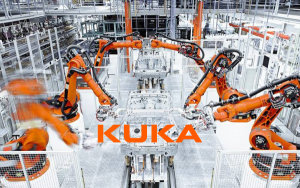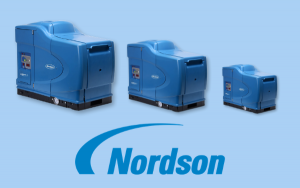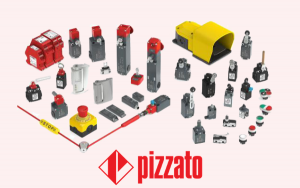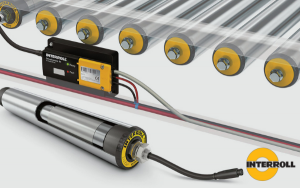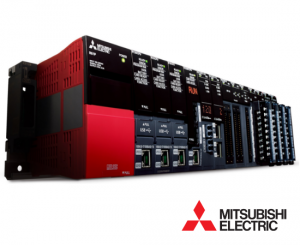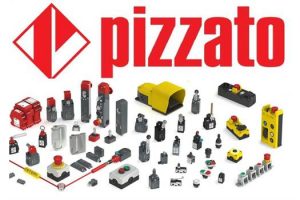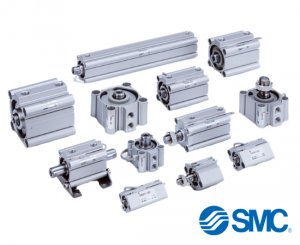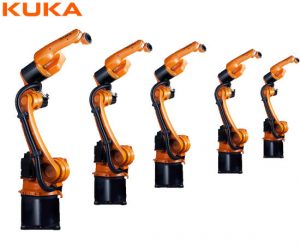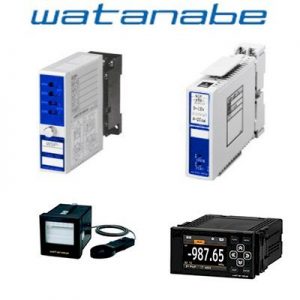When looking for a warehouse for your e-commerce business, there are 8 types of warehouses that you should know/
For everyone, a warehouse is a warehouse. However, the types of warehouses in the supply chain are very different from each other.
For online businesses, an eCommerce warehouse is not only a storage space but also an integral part of order fulfillment. Having the right eCommerce repository can be the key to make or break your success as an online business. Therefore, it is important to research the different types of warehouses and choose the right one for your business 一 even for small businesses.
For eCommerce and SMB startups, the warehouse is all the more important because many warehouses don’t have large, physical storage spaces to use. But you have just ordered a large quantity when you find it at a good price, or the holiday season is coming. So what to do now?
You need some inventory management E-commerce, statistics! Before diving headfirst into without a plan, it’s very important to take a close look at the different types of warehouses available to decide which is best for your business.
Things to keep in mind when looking for a warehouse
The different types of warehouses in the supply chain distinguish themselves in their own distinct ways. However, there are some common characteristics that an efficient and secure warehouse should have. Common features of different types of warehouses include:
- Safe and secure
- Trained staff
- Accessibility and proximity to the market
- Proper storage space
- Latest equipment
- The interior is designed to suit
- Latest standard emergency protocol
- Organized pick-and-take process
- Check quality
- Software is updated
- Fast delivery and customer service
- Yes, but what kind of warehouse?
E-commerce warehousing is crucial if you are planning to sell online across borders, especially if your company is growing rapidly and is running out of space to store your inventory at once. effectively. Plus, you’ll want to choose the right type of warehouse to avoid human error or possibly because you prefer climate-controlled warehouses.
Here’s a quick look at some of the different types of warehouses in the supply chain to consider!
1. Public warehouse
Public warehouses are owned by government agencies and are provided to private companies compared to other types of warehouses.
Public warehouses can be lent out for both business and personal use. If you are an SMB owner and want to store your goods for short periods of time, public warehouses can be a great choice over other types of warehouses.
While often not as technologically advanced as the different types of data warehouses, they are often the most affordable and accessible and therefore a solid choice for eCommerce startups. and SMB versus private repositories.
2. Private warehouse
A private warehouse is a warehouse that is privately owned by wholesalers, distributors or manufacturers. Major retail and online marketplaces also have their own privately owned warehouses.
While generally more expensive than public warehouses, private warehouses can still be a great option for e-commerce SMEs if they need a large and long-term strategic presence in an important area.一 compared to different types of warehouses in the supply chain. Although the investment is more expensive than other warehouses, private warehouses are still a great warehouse option.
3. Bonded warehouse
A bonded warehouse is a type of warehouse that can store imported goods before customs duties are required to be paid into them. Authorities allow companies to use their bonds when they lease space with them to make sure they don’t lose money by the time their products go live.
In addition, companies that store goods in them do not pay any taxes until their goods are shipped. You may also store restricted items in them until proper paperwork is completed. Bonded warehouses also provide facilities for long-term storage of items.
These types of warehouses in the supply chain are perfect for importers as they can keep their goods duty free until a buyer is found. They are also renowned for their safe and secure storage of goods, making them ideal for eCommerce businesses that specialize in cross-border training compared to different types of warehouses.
4. Smart warehouse
A smart warehouse is a type of warehouse where storage, fulfillment and management are automated by AI. Automation often includes everything from software for management to robots and drones that perform tasks such as packing, weighing, transporting and storing goods.
Corporations like Amazon and Alibaba use massive smart warehouses that make order fulfillment quick and less prone to human error. With a smart warehouse, you don’t need to worry about inventory management.
5. Consolidated warehouse
A general warehouse is another type of warehouse that receives small shipments from different suppliers and groups them together into larger shipments before delivering them to buyers. Mining is all shipments intended to the same geographic location.
Overall though, a general warehouse is a very economical way to fulfill orders, especially for small businesses and new startups compared to different types of warehouses in the supply chain.
The capital investment and inventory volume required to use aggregated warehouses is also quite small, making them a great choice for e-commerce SMEs just starting out.
6. Collaborative warehouse
Cooperative warehouses are warehouses owned and operated by cooperative organizations such as farmers or winery cooperatives. Both co-op and non-co-op members can store merchandise at these facilities, although co-op members benefit from reduced prices on these types of warehouses.
While this is another type of warehouse management, a collaborative warehouse can be a great option for collaborative organizations.
7. Government Warehouse
These types of warehouses are in supply chains directly owned and controlled by the government, such as seaport warehouses.
Typically, government warehouses charge fairly affordable rates. However, if a business cannot pay their rent within the due period, the government has the right to recover their rent by disposing of their goods.
8. Distribution Center
A distribution center is a storage space typically built with specific requirements in mind.
Storage is used for temporary needs and items move quickly in the supply chain. A large amount of inventory is received and distributed to resellers and retailers within a short period of time.
In the case of certain foods and perishable items, distribution center items are usually delivered same day. In general, distribution centers are affordable to rent and can vary greatly depending on the type of product being stored in them.
How to choose the best warehouse for your business
There are many different types of warehouses in the supply chain, and each has its own purpose. Choose a suitable product depending on your specific business needs, supply chain, target market, budget and the like.
For example, an eCommerce business that sells food may find that distribution centers may be their best bet, while SMEs that engage in cross-border commerce frequently, block Large volumes may find that bonded warehouses are most suitable for them 一 compared to other types of warehouses. For long-term success, you’ll need to know which is best for your eCommerce business.
For eCommerce startups and small businesses just starting out, consolidated warehouses may be their best bet. Easyship workswith warehouses worldwide to provide more efficient and affordable order fulfillment.
Frequently asked questions about types of repositories for e-commerce
What is a warehouse?
A warehouse is a building for storing goods and is used by wholesalers, manufacturers, exporters, etc.
What is a public repository?
Unlike a private warehouse, this is a commercial storage space owned by a third-party business. Public warehouses can also be leased to other companies for distribution and storage.
Why is warehousing important to your business?
Inventory management can help improve your online business’s workflow. Warehousing services can help improve delivery processes, worker productivity, reduce human error, and can improve overall customer satisfaction.






